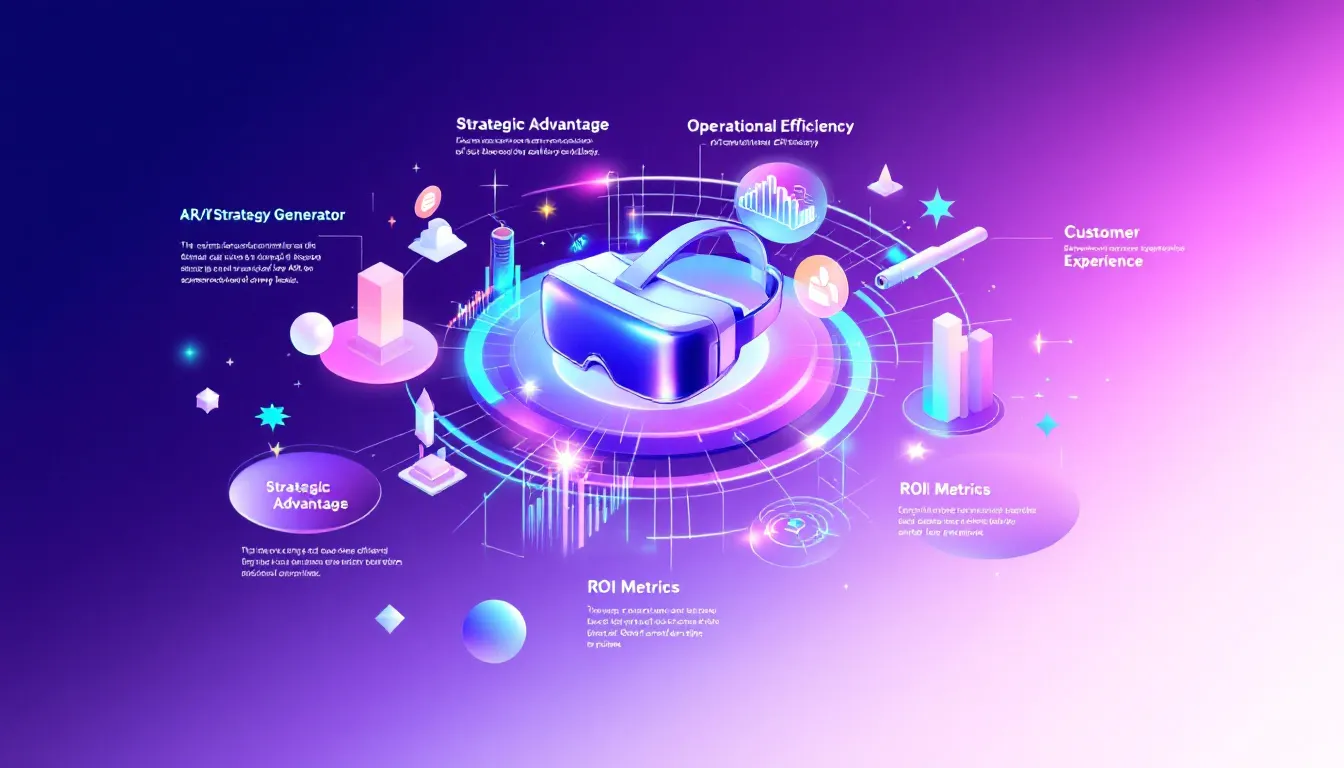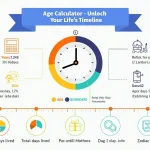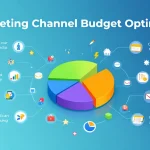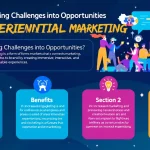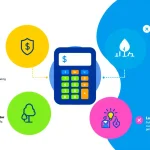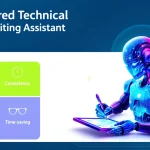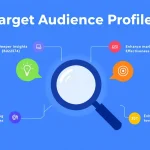Is this tool helpful?
How to Use the AR/VR Distribution Strategy Generator Effectively
To create an effective AR/VR distribution strategy using our tool, follow these steps with careful consideration for each input field:
Step-by-Step Guide to Using the Generator
- Business Type: Enter your specific industry sector. For example: “Luxury Fashion Retail” or “Museum and Cultural Heritage”
- Target Audience: Define your audience’s characteristics in detail. Sample input: “Professional architects and interior designers aged 25-45 who use mobile devices for work and are interested in 3D visualization” or “Family entertainment seekers aged 30-50 with children who enjoy interactive experiences”
- Current Challenges: Outline the specific obstacles you’re facing. Example inputs could be “Limited product visualization in online shopping, high return rates due to size mismatches” or “Declining museum visitor engagement and difficulty attracting younger audiences”
- Experience Goals: Detail your desired outcomes. While optional, this helps refine the strategy
- Available Resources: Specify your implementation capabilities and constraints
Understanding the AR/VR Distribution Strategy Generator
This innovative tool helps businesses create comprehensive distribution strategies that leverage augmented reality (AR) and virtual reality (VR) technologies to enhance customer experiences and overcome business challenges. It combines industry best practices with cutting-edge immersive technology applications to generate tailored strategic recommendations.
Core Components of the Strategy Generator
- Industry-specific AR/VR implementation guidelines
- Customer engagement pathway mapping
- Technical requirement analysis
- Distribution channel optimization
- ROI potential assessment
Benefits of Using the AR/VR Strategy Generator
1. Strategic Advantage
The tool provides competitive differentiation through:
- Custom-tailored immersive experiences
- Market positioning opportunities
- Innovation-driven growth pathways
- Enhanced customer engagement metrics
2. Operational Efficiency
Improve business operations through:
- Streamlined distribution processes
- Reduced implementation time
- Resource optimization
- Scalable solution framework
3. Customer Experience Enhancement
- Personalized immersive experiences
- Improved product visualization
- Interactive engagement opportunities
- Enhanced decision-making support
Addressing Business Challenges with AR/VR Solutions
Retail Implementation Example
A furniture retailer facing challenges with online sales conversion implemented the following strategy generated by our tool:
- AR product visualization in customers’ homes
- Virtual showroom experiences
- Interactive product customization
- Real-time design consultation
Results achieved:
- 45% reduction in return rates
- 68% increase in online conversion
- Customer satisfaction improvement of 72%
Education Sector Application
An educational institution utilized the strategy generator to develop:
- Virtual laboratory experiences
- Interactive learning environments
- Remote collaboration tools
- Immersive assessment methods
Practical Applications and Use Cases
Healthcare Industry Example
A medical training facility implemented AR/VR solutions for:
- Surgical procedure training
- Patient education programs
- Remote consultation services
- Medical visualization tools
Real Estate Sector Implementation
Property developers utilized the strategy for:
- Virtual property tours
- Interactive architectural visualization
- Remote property inspection
- Custom design visualization
Frequently Asked Questions
What types of businesses can benefit from this strategy generator?
Any business looking to enhance customer experience through immersive technologies can benefit, including retail, education, healthcare, real estate, manufacturing, and entertainment sectors.
How long does it take to implement an AR/VR strategy?
Implementation timelines vary based on complexity and scope, typically ranging from 3-6 months for initial deployment to 12-18 months for full-scale implementation.
What kind of ROI can businesses expect?
ROI varies by industry and implementation but commonly includes increased customer engagement (30-50%), improved conversion rates (20-40%), and reduced operational costs (15-25%).
Do we need specialized technical expertise to implement the strategy?
While technical expertise is beneficial, the strategy generator provides recommendations that can be implemented with various levels of technical capability, including partnerships with AR/VR solution providers.
Can small businesses benefit from AR/VR strategies?
Yes, the generator creates scalable strategies suitable for businesses of all sizes, with recommendations tailored to available resources and implementation capabilities.
How do AR/VR strategies impact customer engagement?
AR/VR strategies typically result in longer customer engagement times, higher interaction rates, improved brand recall, and increased customer satisfaction through immersive experiences.
What are the key success factors for AR/VR implementation?
Success factors include clear objectives, proper audience targeting, quality content creation, technical infrastructure readiness, and consistent user experience across platforms.
How can businesses measure the success of their AR/VR strategy?
Key performance indicators include user engagement metrics, conversion rates, customer satisfaction scores, return on investment calculations, and operational efficiency improvements.
Important Disclaimer
The calculations, results, and content provided by our tools are not guaranteed to be accurate, complete, or reliable. Users are responsible for verifying and interpreting the results. Our content and tools may contain errors, biases, or inconsistencies. We reserve the right to save inputs and outputs from our tools for the purposes of error debugging, bias identification, and performance improvement. External companies providing AI models used in our tools may also save and process data in accordance with their own policies. By using our tools, you consent to this data collection and processing. We reserve the right to limit the usage of our tools based on current usability factors. By using our tools, you acknowledge that you have read, understood, and agreed to this disclaimer. You accept the inherent risks and limitations associated with the use of our tools and services.
